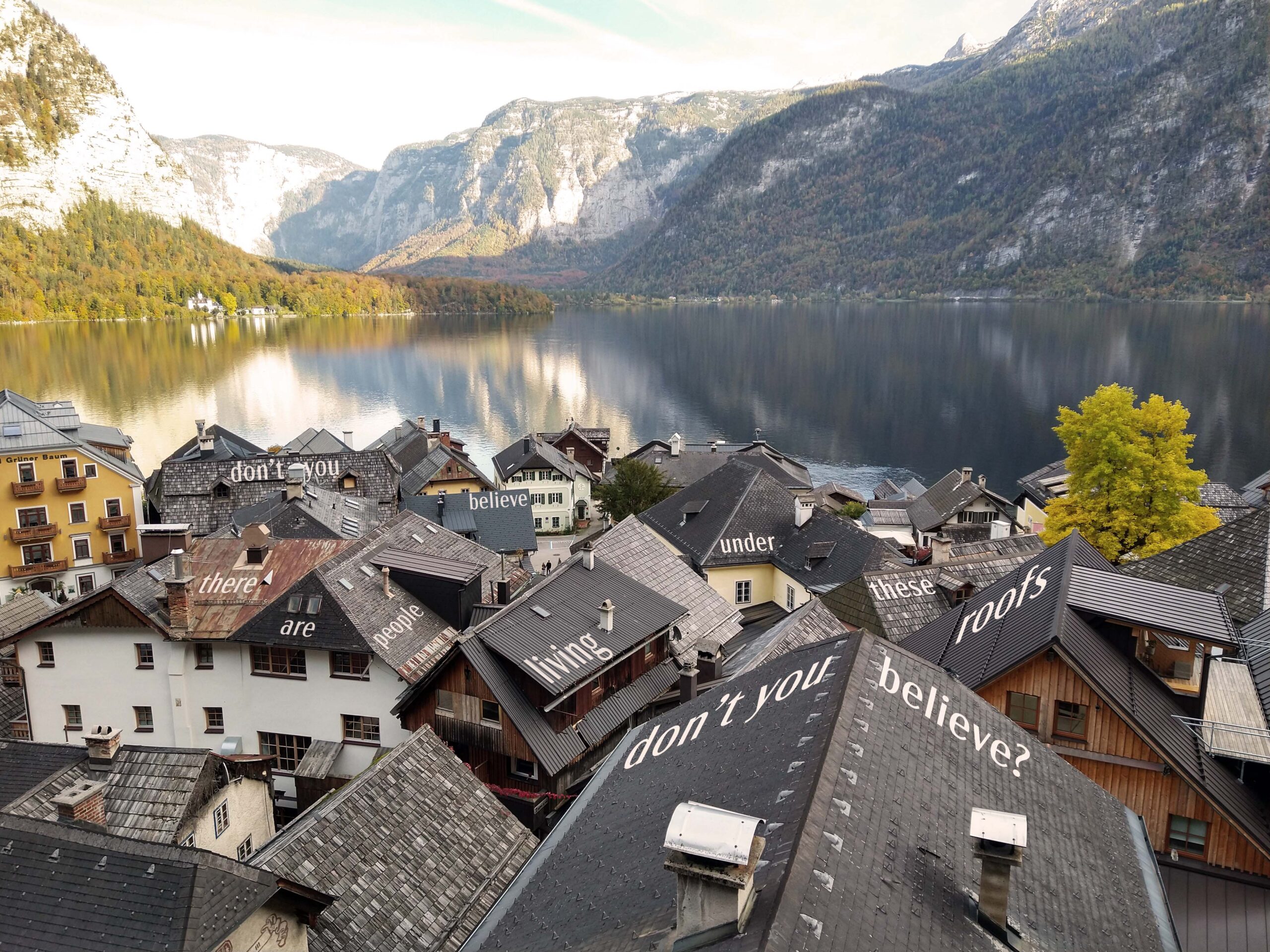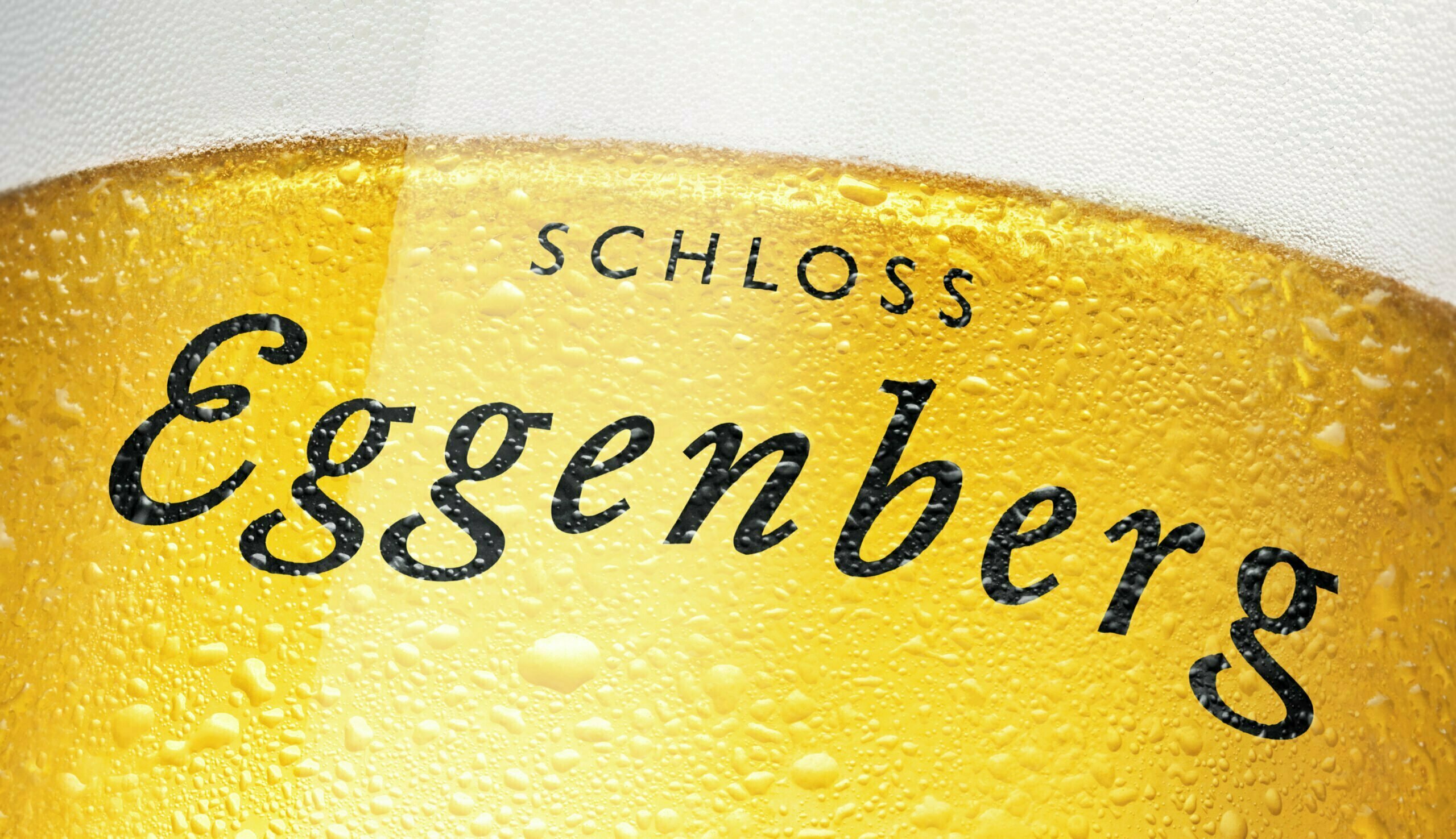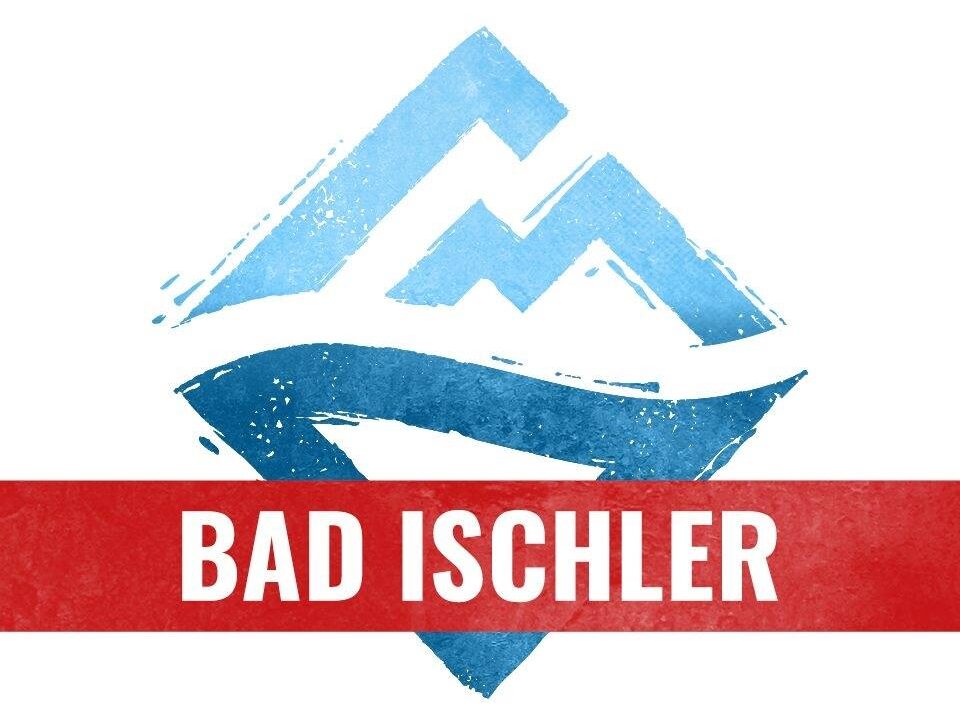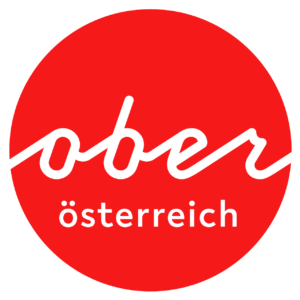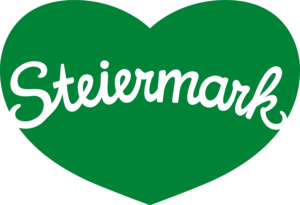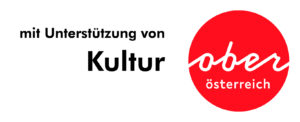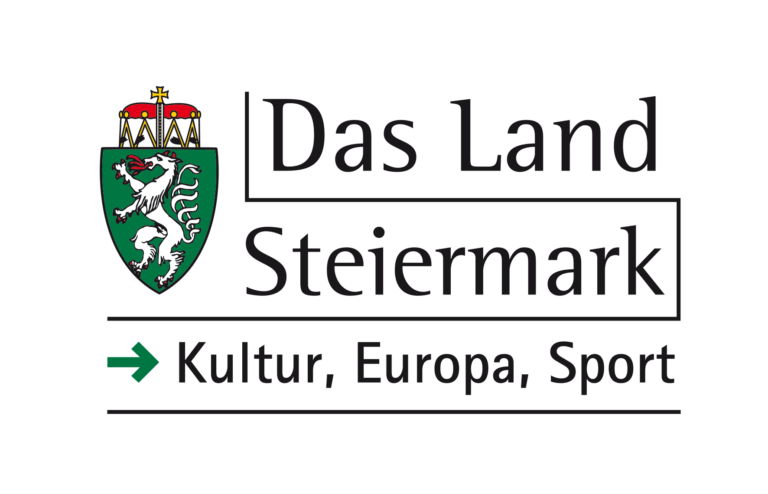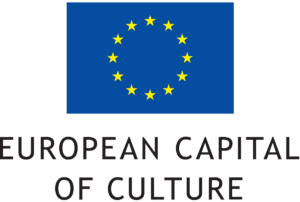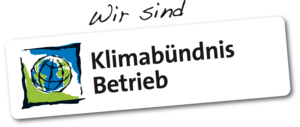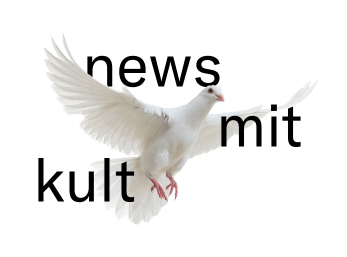Hallstatt and the Salzkammergut region take on a special role beyond that of the much-discussed topic of overtourism in the question of the housing needs and living realities of a wide variety of user groups (inhabitants, students, tourists, et cetera) that calls for new and innovative points of view and impulses. In addition, parameters such as new working worlds, digitalization, questions of mobility, the consequences of the COVID-19 pandemic and the resulting new role of rural space bring up a wide spectrum of questions about the future.
The project of the 2024 Hallstatt_Denkwerkstatt, or 2024 Hallstatt_Think Lab, has been part of the applied research project Living in Extremis: Hallstatt – Salzkammergut2024 since 2020in the research area of housing construction and design in the architecture department of the Vienna University of Technology. The multi-part dialogue format will continue to develop step-by-step until 2024: the components include lectures, dialogue events on location and a documentation. Student projects from the fields of teaching and research will be negotiated in Hallstatt with inhabitants, experts and interested parties. The knowledge, theses and impulses will then be taken into the next semester and further on-site formats. In doing so, the next generation of young people will ask itself questions about residing and living in the future in dialogue with the region and will research and develop new impulses, points of view and approaches together with the inhabitants.
